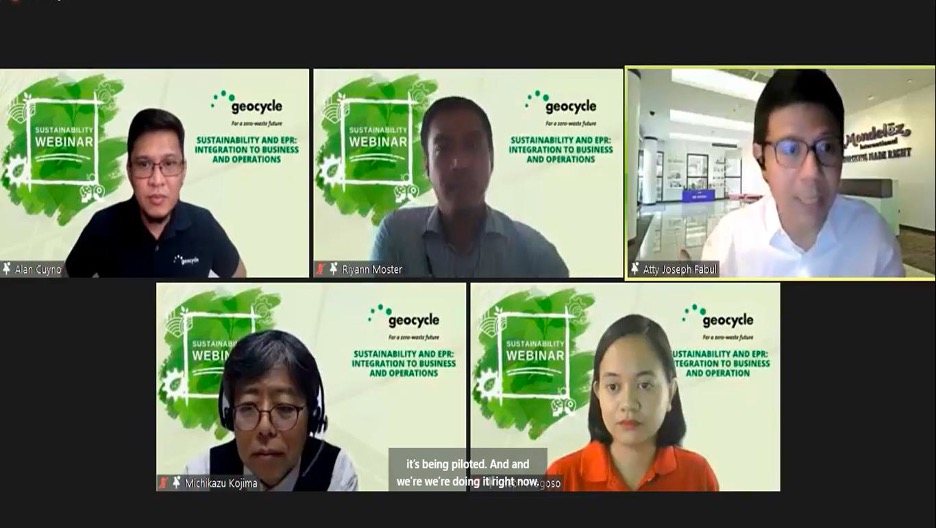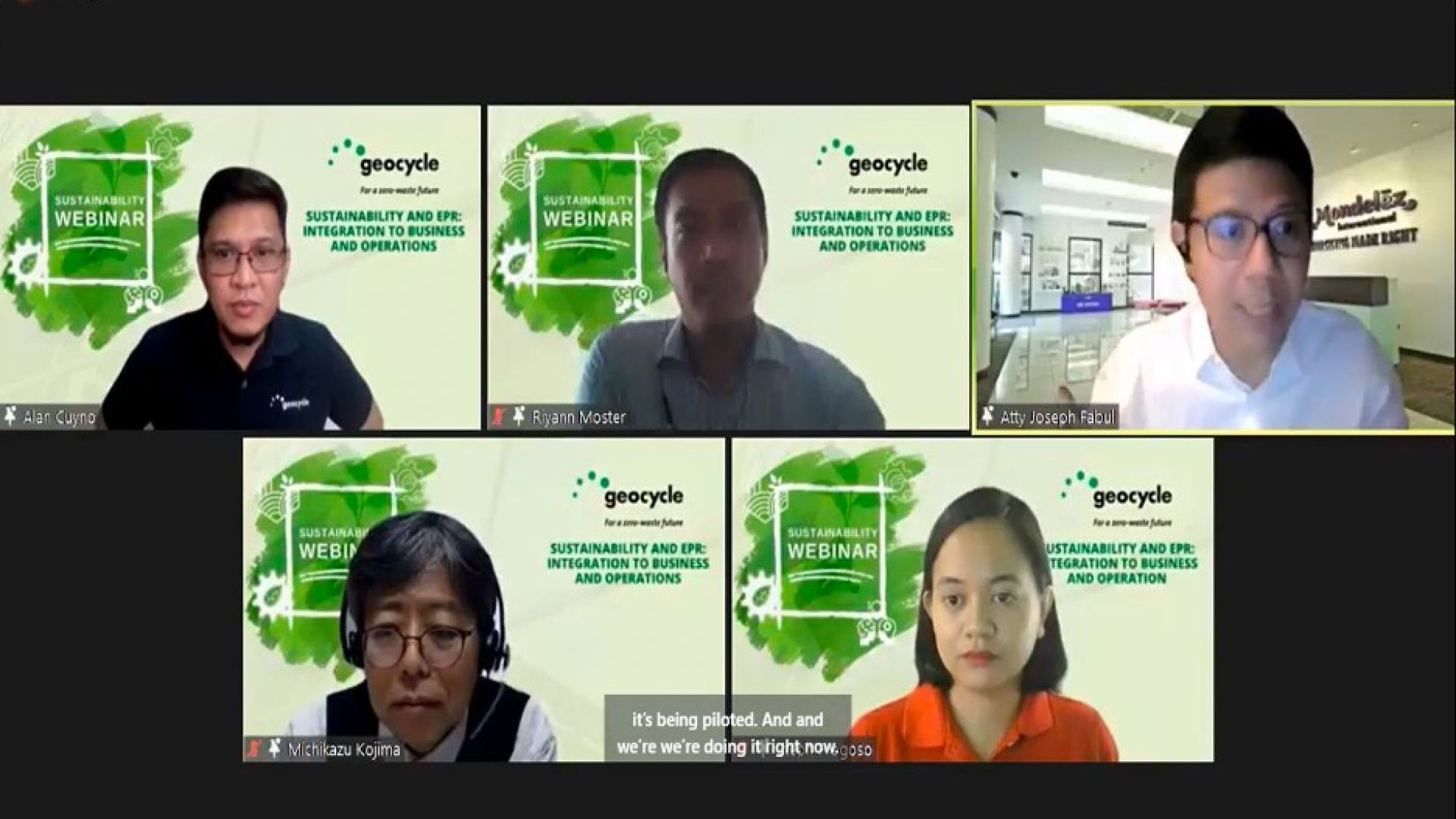
Leading building solutions provider Holcim Philippines, Inc., continues to make progress in helping the country manage wastes in a sustainable manner through unit Geocycle.
In 2021, Holcim Philippines’s waste management unit, Geocycle, converted almost 200,000 tons of biomass and industrial and municipal wastes into alternative fuels and raw materials for cement production through co-processing, a significant increase from the previous year. The addition of 11 local government partners in 2021 from three in 2020 was the driver in the improvement in the co-processing of qualified municipal solid wastes.
Geocycle also ramped up efforts to raise public awareness about waste management and co-processing through webinars, broadcast interviews, and social media campaigns. It opened 2022 with a webinar for Zero Waste Month on January 19 featuring Senator Cynthia Villar, the chairperson of the Senate Committee on Environment, Natural Resources and Climate Change and one of the primary sponsors of an extended producer responsibility bill to address the plastic waste challenge in the country. Atty. Joseph Roco Fabul, Country Manager for Corporate and Government Affairs of leading snacks maker Mondelez Philippines, discussed how the extended producer responsibility is aligned with the company’s’ sustainability journey as it steps up waste reduction initiatives related to its manufacturing and post-consumer waste. This is part of Mondelez Philippines’ sustainability strategy which includes sourcing of ingredients, looking at the environmental impact of its operations, packaging innovation, and creating positive social impact. Michikazu Kojima from the Economic Research Institute for ASEAN and East Asia gave a snapshot of how the region is handling expanded producer responsibility and the journey Japan took since 1995.
Geocycle also partnered with Calapan City, Department of Education, and Oriental Mindoro’s Federation of Parents-Teachers Association, to increase awareness and active involvement of students, educational groups, and families in eco-friendly practices and sustainable waste management as part of its Zero Waste Month activities. The project called “Makiisa, Makisama at Makibaka: Basura ay Ating Solusyunan Upang Kalikasan ay Mas Mapag-ingatan”, was launched through webinars on January 26 and 27. The event drew over 1,300 participants from Calapan.
Holcim Philippines President and CEO Horia Adrian: “Aside from our innovative building solutions, we are proud to help build progress in the country by helping partners in managing their wastes sustainably through our Geocycle and co-processing operations. We made huge strides in this area in 2021 and we are determined to build on these further this year to help in making a Zero Waste Philippines a reality.”
In September 2021, the Company completed storage and processing facilities at its Bulacan plant to increase usage of alternative fuels and raw materials in cement production through its waste management arm Geocycle.
Using alternative fuels and raw materials in producing cement is a key focus of Holcim Philippines to lower the carbon footprint and consumption of non-renewable resources in its operations. This is aligned with the goals of the global building materials leader Holcim Group to further make operations sustainable.
Holcim Philippines is a pioneer in using qualified wastes such as non-recyclable plastics and biomass as alternative fuels in cement manufacturing through co-processing technology since 2003. Qualified waste materials are pre-processed for conversion into alternative fuel and raw materials suitable for co-processing in cement kiln. During co-processing, the mineral value inherent in the waste is recycled, while the energy value is recovered. The technology is recognized globally and is approved by the Philippine authorities due to its proven environmental advantages and safety performance.





